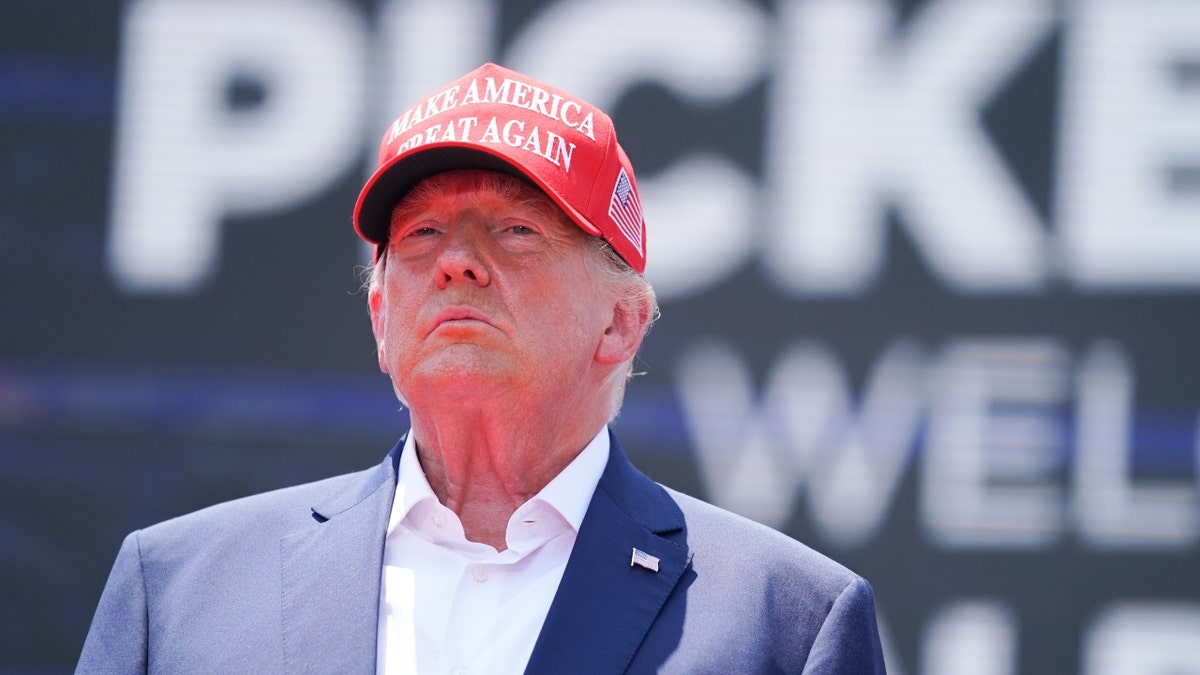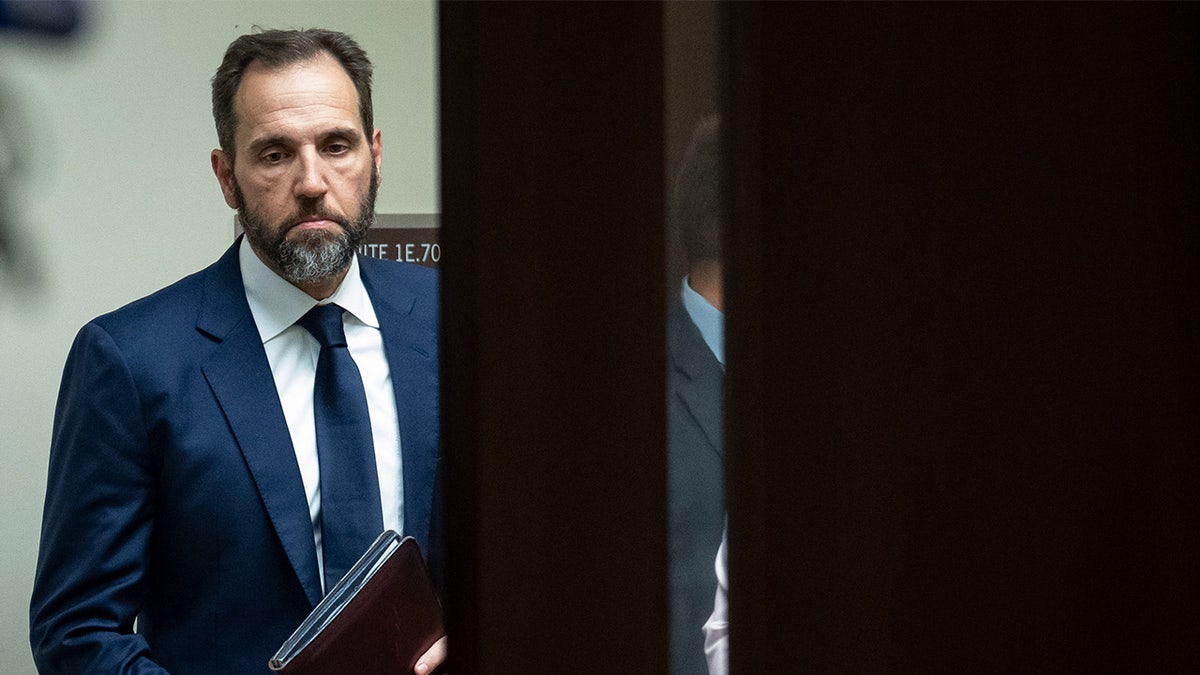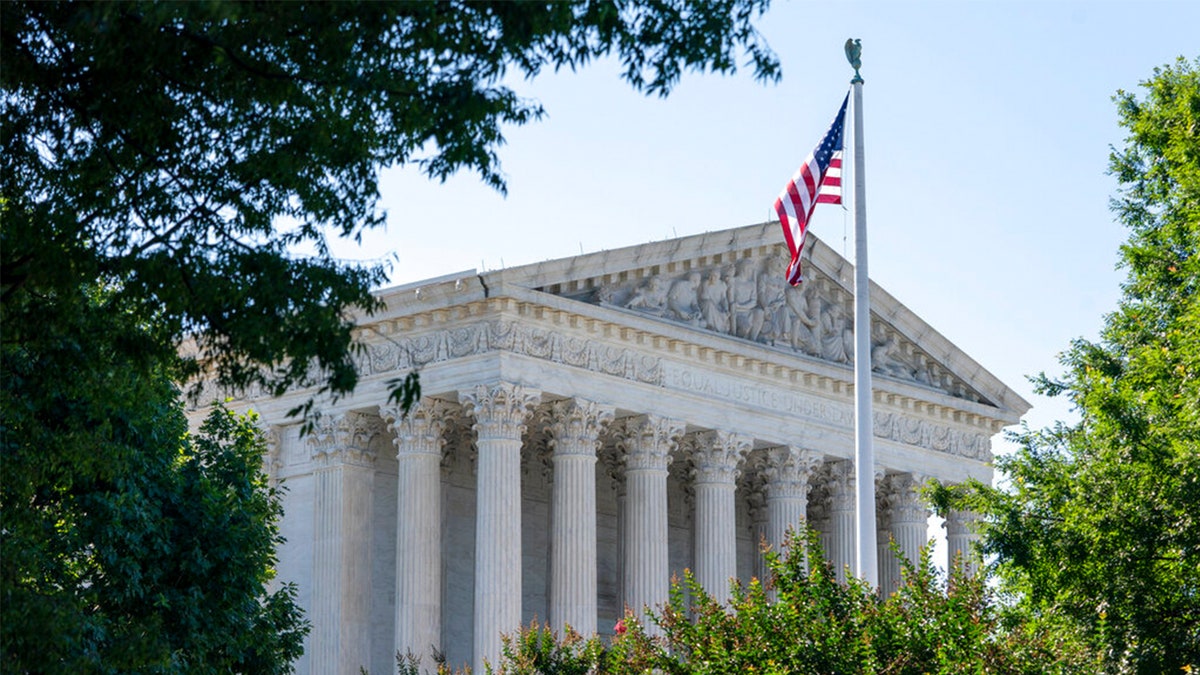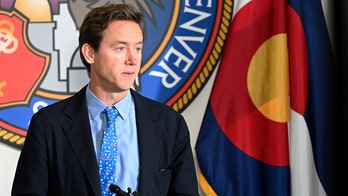Supreme Court to decide Trump immunity case
Fox News chief legal correspondent Shannon Bream has more on the special counsel case as former President Trump claims immunity from prosecution on ‘Special Report.’
The Supreme Court on Wednesday granted review of former president Trump’s claims of presidential immunity in the election interference case brought by special counsel Jack Smith, which throws into question at least the timeline for a possible trial in an election in which Trump is the likely GOP nominee.
While some legal experts question the likelihood of success in Trump’s arguments, they say that the high court’s review sets back Smith's timeline to start a trial before an election and begs the question whether Attorney General Merrick Garland would — or should — approve going to trial just before the general election in November.
Jonathan Turley, a practicing criminal defense attorney and professor at George Washington University, says "the runway for Jack Smith just got a lot shorter."
"I think that most people still believe that Smith can prevail before the Supreme Court. But the most immediate impact is that the runway for Jack Smith just got a lot shorter," Turley said in an interview with Fox News Digital.
ILLINOIS JUDGE REMOVES TRUMP FROM STATE BALLOT, CITING 'INSURRECTIONIST BAN'

The Supreme Court on Wednesday granted review of former President Trump’s claims of presidential immunity. (Sean Rayford/Getty Images)
Smith’s "primary fight for the last few months has been to secure a trial before the election," Turley said, adding that if the trial is after the election, "there might not be a trial."
Turley said that, should a decision come down from the Supreme Court as late as June, between a "host" of pre-trial motions and other procedural elements at the district court level — even if the district court were as "motivated" as Smith to get a trial scheduled before the election — the earliest a trial could start is the fall.
Turley noted the Department of Justice has a longstanding practice of avoiding any prosecutorial action that could be perceived as political within a certain time frame before the election.
A Justice Department spokesperson declined to comment.
The Justice Manual states, "Federal prosecutors and agents may never select the timing of any action, including investigative steps, criminal charges, or statements, for the purpose of affecting any election, or for the purpose of giving an advantage or disadvantage to any candidate or political party.
"Such a purpose is inconsistent with the Department’s mission and with the Principles of Federal Prosecution."
While the DOJ can make timing requests of the court, it's ultimately up to a judge to set the court's calendar.

Special counsel Jack Smith (Drew Angerer/Getty Images)
"The attorney general has a responsibility to maintain consistent application of departmental policy. This has nothing to do with the merits. Merrick Garland has been hands-off, has granted Smith almost total discretion as to the prosecution of the case. The timing of the case raises questions that remain within the attorney general's purview, in my view," Turley said.
John Shu, a constitutional law expert who served in both the George H.W. Bush and George W. Bush administrations, said all the Biden campaign and the Democrats need is for one of Trump’s trials to start before the general election.
"If that happens, the news coverage will be 'all Trump trial all the time,’ especially if it’s televised, and no one is going to be talking about the economy, illegal immigration, wars in Israel and Ukraine, Biden’s disastrous withdrawal from Afghanistan or super-high crime, gas prices, food prices and inflation," Shu said. "It’ll be worse than the O.J. Simpson trial.
"The way Jack Smith has been acting, it indicates that he has been keeping his eye on the electoral calendar."
"This is all the more reason for the DOJ, in keeping with long-standing department policy in administrations from both parties, to delay trial if the date falls within two or three months before the presidential election," Shu added.
On the merits of the case before the nine justices, Turley said, "Trump will have a difficult time securing a majority in favor of the totality of his argument that Trump has offered a sweeping claim of immunity and is likely to produce a level of sticker shock for the justices."
But, Turley said, "the justices may have a similar reaction to the lower court’s opinion that some justices may be uncomfortable with — the lack of a clear line of when immunity will protect a president."
"The interesting aspect of this is that many of us expected that many of the justices would have wanted this cup to pass from their lips. If they had simply denied review, they would not establish any precedent on presidential immunity," Turley said.
"The court has not been keen on delineating the lines of presidential immunity. The opinions that they have issued have had a certain room at the elbows in terms of the use of this protection.

The Supreme Court (AP Photo/Jacquelyn Martin)
"So, this will force the court to set down some precedent. It's very likely that some of the justices would like to see greater acknowledgment of immunity for the president, for a future president."
CLICK HERE TO GET THE FOX NEWS APP
Jim Trusty, former legal counsel for Trump and a former federal prosecutor, said "the Trump team argument that he has absolute unqualified immunity while he's in office is not a winner."
"But I do think that there's a strong possibility that the court confirms that immunity protects the president, acting even in the furthest reaches of his responsibilities. That could well be enough to win the day on both Jan. 6 and Mar-a-Lago classified documents cases," Trusty said.
The Justice Department declined to comment.





